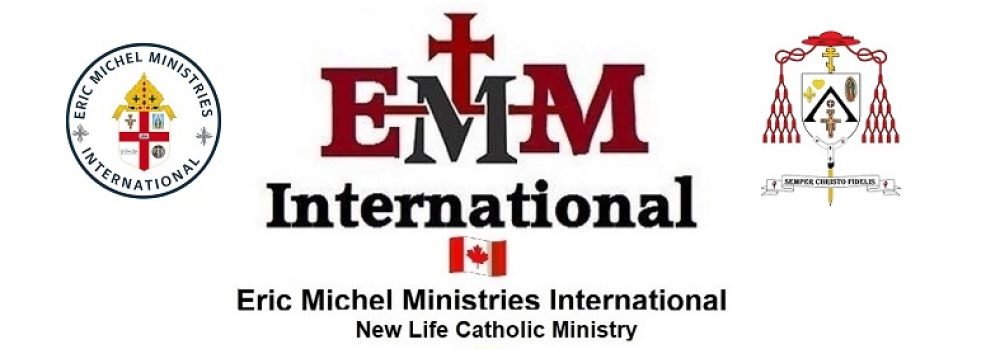
Jesus of Nazareth (7-2 BC/BCE — 30-36 AD/CE), commonly referred to as Jesus Christ or simply as Jesus, is the central figure of Christianity. Most critical historians agree that Jesus was a Jew who was regarded as a teacher and healer, that he was baptized by John the Baptist, and that he was crucified in Jerusalem on the orders of the Roman Prefect of Judea, Pontius Pilate. Critical Biblical scholars and historians have offered competing descriptions of Jesus as a self-described Messiah, as the leader of an apocalyptic movement, as an itinerant sage, as a charismatic healer, and as the founder of an independent religious movement. Most contemporary scholars of the historical Jesus consider him to have been an independent, charismatic founder of a Jewish restoration movement, anticipating a future apocalypse.

The Protestant denominations have exhibited a strong tendency towards diversification and fragmentation, resulting in numerous churches and movements, particularly in Anglo-American religious history, where the process is often described in terms of a series of “Great Awakenings.” The most recent wave of diversification, known as the Fourth Great Awakening, occurred during the 1960s to 1980s and resulted in phenomena such as the Charismatic Movement, the Jesus Movement, and a large number of parachurch organizations based in Evangelicalism.
Charismatic Biblical Interpretation Concept
- A method of interpreting Scripture within the Charismatic movement, emphasizing personal revelation and the gifts of the Holy Spirit.
Revelation (Oracle)Cultural Ontology, Preaching Theme
- The disclosure or unveiling of divine truth by God to humanity through various means, including scripture, prophetic visions, personal experiences, or the incarnation of Jesus Christ.
God, the Holy Spirit, Supernatural Being
- The Spirit of the Trinity.4


Charismatic Ministry – About Charismatic – Charismatic Servant
